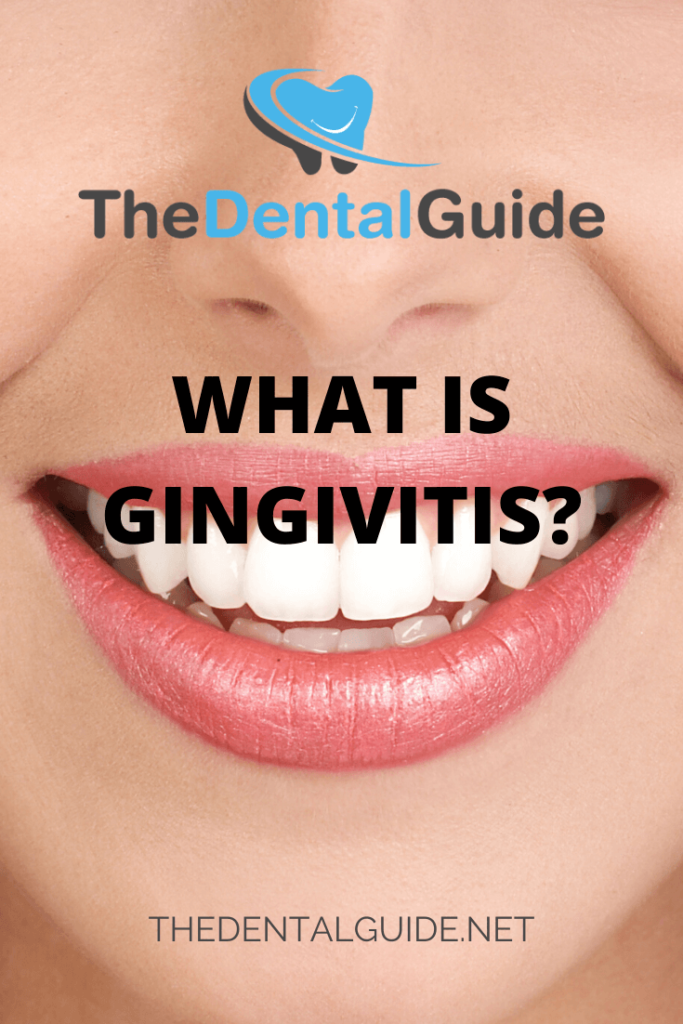Have you noticed gum inflammation or a bit of blood when you floss? These are signs of a common but easily cured gum disease: gingivitis.
Gingivitis occurs when gums are inflamed, swollen, and tender, often due to a bacterial infection. People who do not adhere to the recommended daily tooth brushing and flossing regimen are likely to suffer from this condition, as plaque will slowly build up between their teeth and gums. Keep in mind, though, that gum disease is easily treatable and, when caught early, will not cause lasting harm.
As with any gum disease, the early stages are the most important. Here are some gingivitis symptoms:
- Swollen or red gums
- Bleeding at the gum line when flossing
- Sensitive teeth or gums
- Bad breath
Causes of Gingivitis
Gingivitis is usually caused by plaque building up between the tooth’s root and the gum. However, a multitude of things can influence the likelihood of developing gingivitis, including:
- Genetic predisposition
- Pregnancy
- Diabetes
- Malnutrition
- Certain Medication
- Wearing dentures or other dental appliances
Plaque occurs naturally. Every time we eat, bacteria naturally accumulate on the surface of our teeth. However, if this is not removed through proper teeth brushing, flossing, and dental hygiene, it can turn into tartar.
Tartar is harder and can push further into your gums, irritating them and causing swelling. This is why your gums are sensitive or bleed when flossing. If left untreated, the tartar can lead to infection, resulting in periodontitis and tooth loss.
Is it Contagious?
Many people wonder if gingivitis is contagious. This may be because it’s a very common condition, with over 45% of adults having some form of gum disease. While gingivitis can be spread through swapping bacteria, it also needs a host, such as plaque or tartar, to take hold. So, while gingivitis could technically spread and be considered contagious, getting gum disease from someone else is not really something to be concerned about.
Gingivitis must have plaque or tartar to take hold in the mouth. If you shared a fork with someone with gum disease, you might end up with some of their bacteria. However, if you have good dental hygiene, the bacteria will have nothing to grasp onto and will not be able to hang around.
Another reason why some people wonder “is gum disease contagious” is because it often does run in families. However, that’s unlikely to be due to them sharing a glass of water at dinner. Instead, people who are in a relationship and share germs often have similar hygiene habits. So, pay attention to the common gingivitis symptoms to see if two or more people within your family may have this gum disease. It is most likely due to your similar habits, not the fact you shared a spoon.
If you find many common symptoms, it is vital to combat gingivitis together by committing to care for your dental health. This could look like reminding each other to brush teeth after meals or sugary snacks, as well as encouraging each other to floss. By following these suggestions, you can help to ensure you and your family’s oral health.
Treatment
Treating gingivitis is simple when caught early. To begin, always consult your dentist for the best way to manage your particular case. But, regardless of how far your gingivitis has progressed, brushing your teeth and flossing every day is essential to treating this gum disease.
To treat gingivitis, your dentist or dental hygienist will remove all plaque and tartar. This will often be uncomfortable, especially if you have gum inflammation. This procedure, called scaling, involves using tools to scrape and scoop all the plaque and tartar from your teeth and gums. Tartar can have sunk below the gum line, meaning this can get slightly painful if your dentist has to dig around.
If you have crooked teeth, multiple crowns, or odd dental appliances, this process may take more time and attention due to the extra nooks and crannies plaque and tartar may be hiding in. Lasers are becoming more popular in the treatment of gingivitis as well, as they can target and clean the plaque directly, resulting in less discomfort.
If gingivitis is not treated, it could lead to periodontitis, which requires much lengthier and intensive treatments. These include antibiotics, surgery, root planing, and even tissue grafts if needed.
Prevention
Preventing gingivitis can play a part in improving your overall mental and physical health. To avoid plaque and tartar build-up, here are some tips to follow:
- Brush for two minutes, twice per day
- Floss at least once per day
- Use mouthwash before bed
- Schedule regular checkups with your dentist
Dental health is vital to our overall health. Learning how to care for your mouth and teeth properly is often taught at a young age. So, make sure children understand how to brush and floss their teeth. This can lead to a lifetime of healthy, beautiful smiles.
